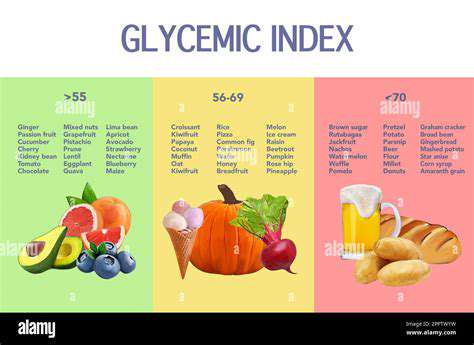Top 5 Weight Loss Supplements That Actually Work
5. CLA (Conjugated Linoleic Acid): Potentially Supporting Fat Reduction
Understanding Conjugated Linoleic Acid (CLA)
Conjugated linoleic acid (CLA) is a group of isomers of linoleic acid, a polyunsaturated fatty acid. These isomers possess unique structural characteristics that have led to significant research interest, particularly regarding their potential role in metabolic processes and, crucially, their impact on body composition. While CLA's exact mechanisms are still under investigation, its effects on fat metabolism and potential for supporting fat reduction have been a subject of extensive study, leading to both promising findings and ongoing debate.
CLA is found naturally in some animal products, such as beef, lamb, and dairy. However, the amount can vary greatly depending on the animal's diet. Supplementation with CLA is also widely available as a dietary supplement, often marketed for its potential benefits in weight management.
CLA's Potential Impact on Fat Metabolism
One of the key areas of research surrounding CLA focuses on its potential to influence fat metabolism. Some studies suggest that CLA may increase the rate at which the body burns fat, potentially leading to a reduction in body fat stores. This effect is attributed to several potential mechanisms, including increased fat oxidation and reduced fat storage.
However, the effect of CLA on fat metabolism is not consistently observed across all studies. Further research is needed to fully understand the complex interplay of factors that influence CLA's impact on fat burning and storage.
Potential Benefits for Body Composition
CLA's potential benefits for body composition are a key driver for its popularity. Some studies have shown a possible positive impact on body weight, body fat percentage, and lean body mass. However, these results are not always consistent across different studies and populations. The impact of CLA on body composition may also depend on factors like diet, exercise, and individual metabolic responses.
Mechanisms of Action and Limitations
The precise mechanisms by which CLA exerts its potential effects are not fully elucidated. Hypothesized mechanisms include influencing the activity of various enzymes involved in fat metabolism, regulating hormone functions, and affecting the immune system. However, the intricate nature of CLA's interactions within the body, coupled with the variability in study designs and populations, makes definitive conclusions challenging.
Further research is needed to clarify the specific mechanisms and identify the factors that contribute to the variability in CLA's effects on different individuals.
Evidence from Clinical Trials
Clinical trials investigating the effects of CLA supplementation on fat reduction have produced mixed results. Some trials show modest reductions in body fat, while others fail to demonstrate any significant effect. The diversity in trial designs, including variations in dosage, duration, and participant characteristics, likely contribute to these inconsistencies.
Safety and Considerations
While CLA is generally considered safe, potential side effects such as digestive issues, skin rashes, and headaches have been reported in some individuals. Consult with a healthcare professional before starting CLA supplementation, especially if you have any underlying health conditions or are taking other medications. The dosage of CLA should also be carefully considered, as excessive intake could potentially lead to adverse effects.
It is essential to remember that CLA supplementation should not be considered a substitute for a balanced diet and regular exercise. A healthy lifestyle approach is crucial for achieving and maintaining optimal health and body composition.
Read more about Top 5 Weight Loss Supplements That Actually Work
Hot Recommendations
-
*Guide to Managing Gout Through Diet
-
*Best Habits for Financial Well being
-
*How to Build a Routine for Better Mental Health
-
*How to Eat Healthy on a Budget [Tips & Meal Ideas]
-
*Guide to Practicing Self Acceptance
-
*How to Incorporate More Movement Into Your Day
-
*Guide to Managing Chronic Pain Naturally
-
*Guide to Building a Reading Habit for Well being
-
*Top 5 Weight Loss Supplements That Actually Work
-
*Best Exercises for Postpartum Recovery [Beyond Abdominal Work]






![How to Improve Your Pull Up Strength [Beginner to Advanced]](/static/images/26/2025-06/NutritionandRecovery3AEssentialComponents.jpg)
![Health Tips for Women After Menopause [Managing Symptoms]](/static/images/26/2025-07/ImprovingSleepQualityDuringMenopause3ARestorativeStrategies.jpg)



